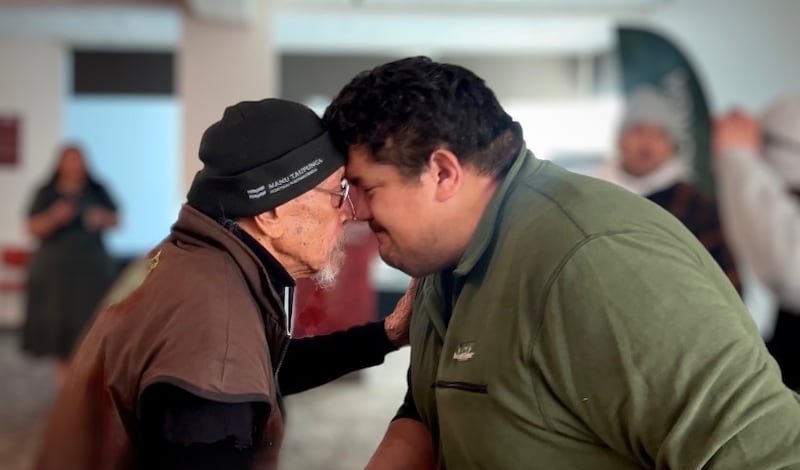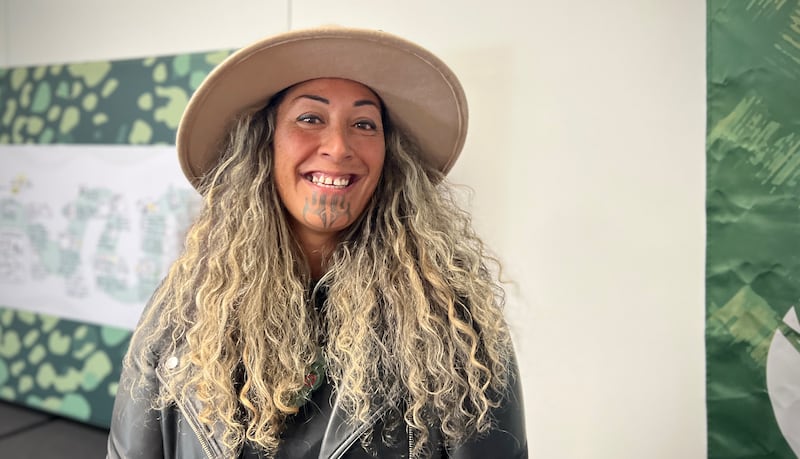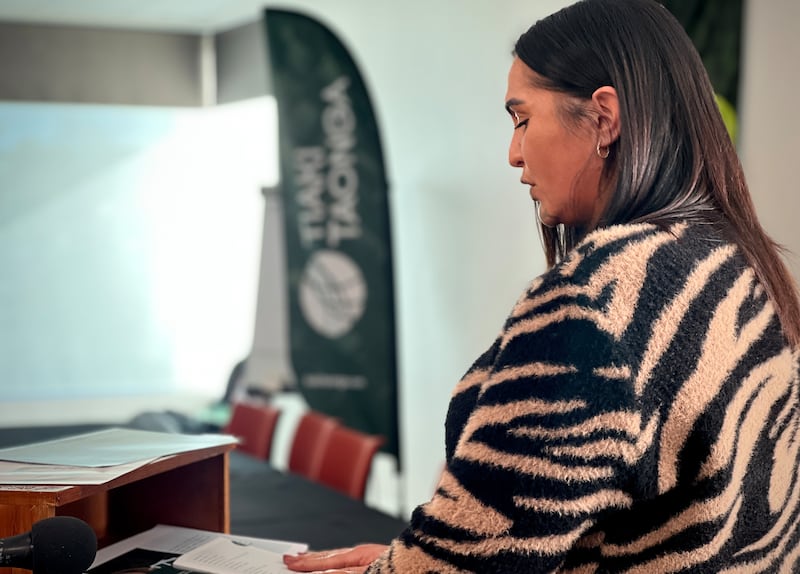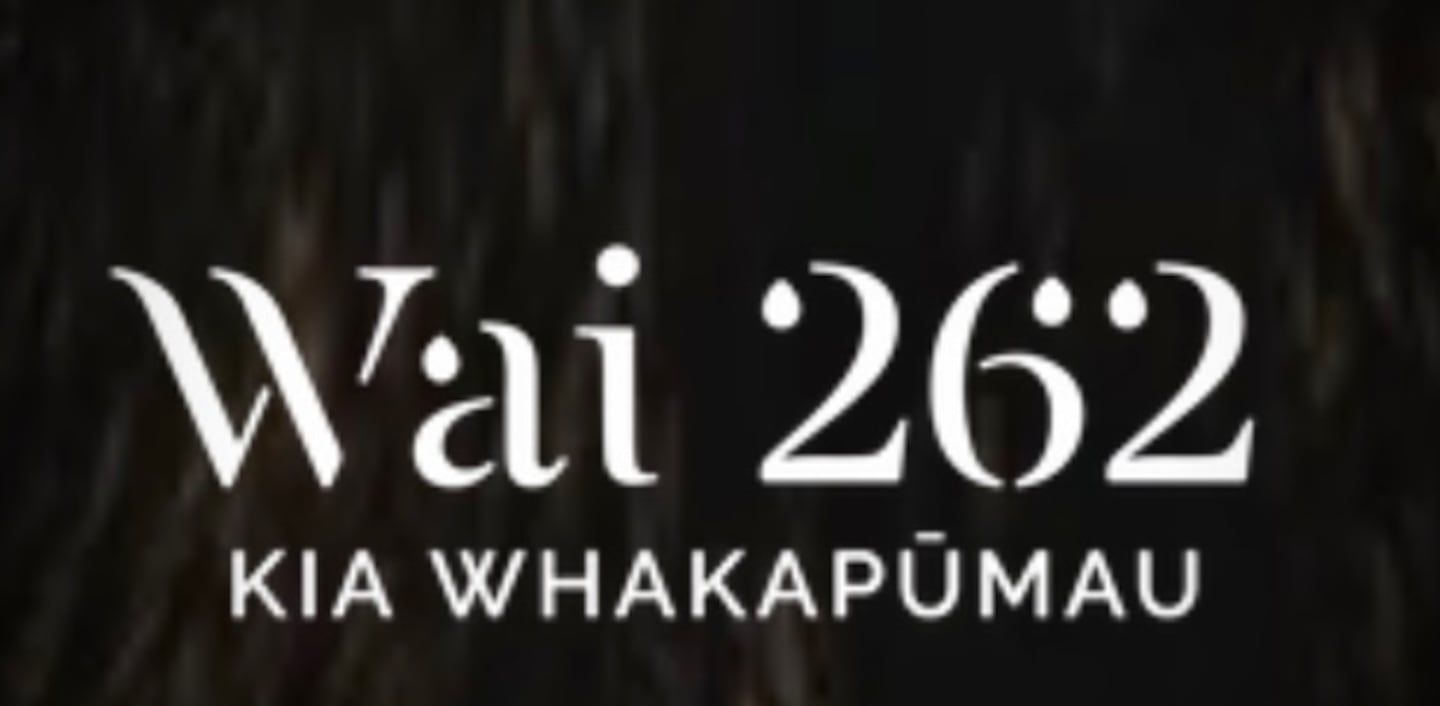Claimants for one of the largest, most complex Treaty of Waitangi claims, commonly known as Wai 262 have held a symposium in Rotorua to discuss cultural and intellectual property rights.
Wai 262 is a protection claim for authority over indigenous species, traditional knowledge, Maori symbols, designs, and other cultural property that was lodged in 1991 by a group of kuia from Te Ika ā Maui (North Island): Haana Murray of Ngāti Kurī, Hema Nui a Tawhaki Witana of Te Rarawa, Te Witi McMath of Ngāti Wai, Tama Poata of Ngāti Porou, Kataraina Rimene of Ngāti Kahungunu and John Hippolite of Ngāti Koata.
The Wai 262 claim is now undertaking a kanohi oa engagement process that supports the development of a tiaki taonga framework that will embody the principle that Māori have full and exclusive decision-making authority over taonga Māori, as guaranteed by Te Tiriti o Waitangi.
Ngāti wai environmental leader Hori Te Moana Parata says this is the biggest claim Māori have and always had.

“This claim is now all about the future for our mokopuna, especially with science and mātauranga Māori working together - it is like it’s all being given away just like that.”
“So for us, my whānau, we always leave a little bit out of our karakia or our mōteatea so that when people try to copy our kōrero, you know that at least since they are coping what you have said, they don’t have or know it all”.
Parata emphasises this claim is more about protecting mātauranga Māori and taonga Māori, as it is of utmost importance to ensure the next generation of Māori will inherit the wisdom passed down from their ancestors.
“We know that the Crown has a sneaky way of stealing our mātauranga over time, and we don’t want the Crown to have authority over mātauranga Māori. Why? Well it is because mātauranga is all we have left.”
Te Arawa Lakes Trust’s biosecurity officer, Harina Rupapera, says she is excited about the hui for Wai 262, as it fulfils a long-standing aspiration to strengthen and enrich te ao Māori in a uniquely Māori manner.

“Ka nui taku mihi ki ērā i whakarite i tēnei kerēme, rātou kua whetūrangitia, otirā ērā i whakarite i tēnei hui whakahirahira i te rā nei, ā, ko aku wawata i tēnei hui, kia kaha ake tō mātou māramatanga mo ngā āhuatanga o ngā tāonga me ngā mātauranga tukuiho, o te motu otirā mo mātou whānui o Te Arawa”.
“Grateful for those who fought for this claim, including those now gone. I look forward to learning about our ancestral treasures and knowledge, vital for our iwi nationwide, especially in Te Arawa”.
Rupapera believes this symposium is an ideal opportunity for all iwi to come together, fostering a deeper understanding and discovering ways to strengthen environmental protection.
“Ko Wai 262 tētehi ahua e kaha ake ai tā tātou iwi Māori, ki te whakarite i ngā tūkanga e pai ai ki te tiaki i tā tātou mana motuhake, ki te hōhonu ake i ō tātou o Te Arawa whakaaro mo te taha ki ā mātou mahi mo ngā kerēme, pērā ki tēnei o Wai 262″.
“The Wai 262 symposium provides a platform for iwi Māori to safeguard our authoritative position and uphold our Māori identity. It is crucial for Te Arawa to learn from this conversation and gather insights for future claims like Wai 262.″

Te Moana Parata says he is hopeful this claim will provide some sort of succession plan for future generations.
“Safeguarding this claim and other significant ones ensures a secure future, preserving our cultural heritage from any unjust appropriation.”



